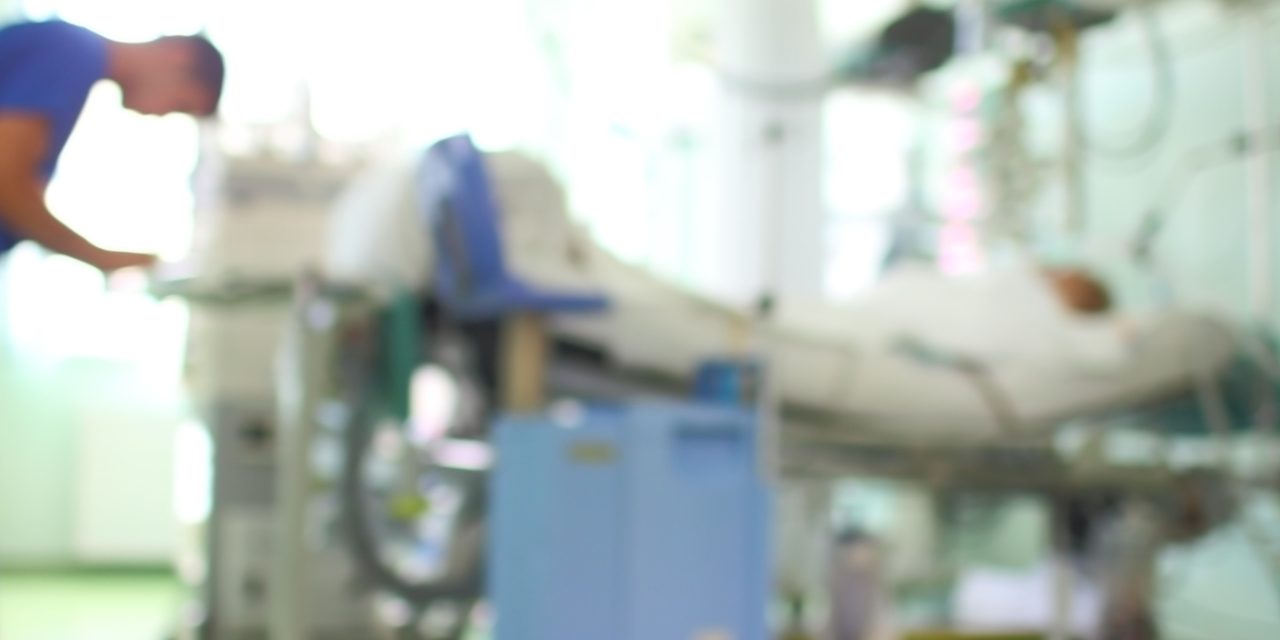Previous studies have reported that chemotherapy results in substantial long-term risk of heart failure. Exercise ameliorates exercise responses and exercise tolerance in patients receiving chemotherapy. The cardioprotective effect of real-time exercise in breast cancer is still unclear.
The aim of the present study was to determine the effect of real-time moderate-to-high-intensity exercise training in women with breast cancer undergoing chemotherapy and to follow up on parameters of cardiac function and exercise capacity at different times. We hypothesized that early moderate-to-high-intensity exercise training has beneficial effects on cardiac function in women with breast cancer undergoing chemotherapy.
This was a randomized controlled study that included 32 women randomly allocated into the control or exercise group. Exercise began with the first cycle of chemotherapy, and the training program was maintained during chemotherapy with 2 to 3 sessions per week for 3 months. Patients were instructed to perform moderate-to-high-intensity training with aerobic and resistance training. Outcome measurements were echocardiography and cardiopulmonary exercise test. The primary outcome was the change in left ventricle ejection fraction (LVEF). The secondary outcome was peak oxygen consumption (peak VO).
The control group showed lower cardiac systolic function than the exercise group [mean (SD) LVEF 62% (2) and 70% (5), p < 0.05], reduced cardiac diastolic function, and cardiac hypertrophy at 3, 6 and 12 months after chemotherapy. At 6 months after chemotherapy, the exercise group exhibited relatively higher exercise capacity than controls [mean (SD) VO 12.1 (2.2) and 13.6 (2.2) mL/kg/min, p < 0.05]. The main effect size of the study based on echocardiography outcomes was 0.25 (95% confidence interval 0.23 to 0.27), a medium effect size.
Moderate-to-high-intensity exercise training in breast cancer patients undergoing chemotherapy may prevent impaired cardiac function.
Copyright © 2021 Elsevier Masson SAS. All rights reserved.
Real-time exercise reduces impaired cardiac function in breast cancer patients undergoing chemotherapy: a randomized controlled trial.


